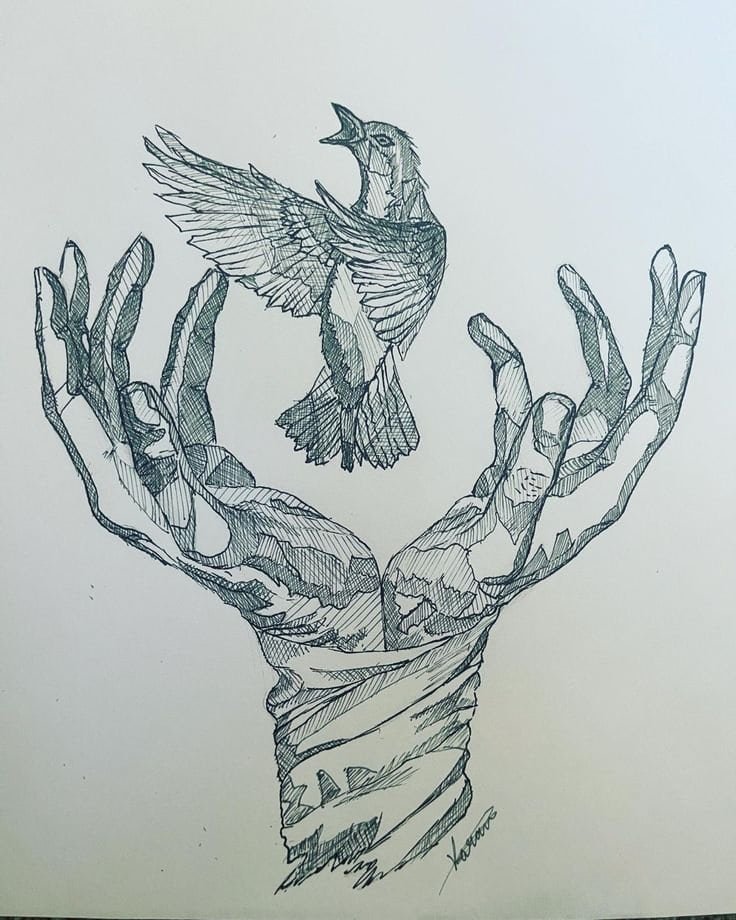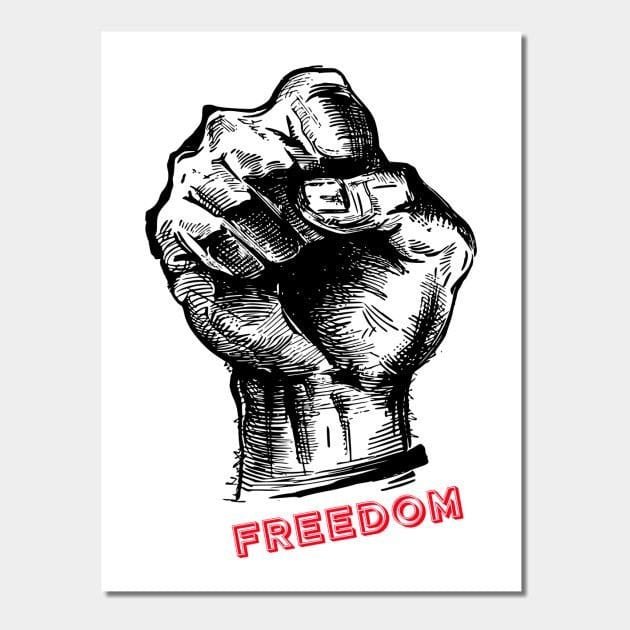Freedom of movement, the right to travel freely within and outside one’s country, is a fundamental human right enshrined in various international treaties, including the Universal Declaration of Human Rights. However, in 2024, this right has come under increasing threat worldwide, as a growing number of governments have imposed restrictions on individuals they deem as threats, particularly journalists, activists, and political dissidents.

Global Trends in Restricting Movement
A report by Freedom House, a prominent human rights organization, highlighted that at least 55 governments have implemented measures to restrict the freedom of movement over the past decade. These measures include travel bans, house arrests, revocation of passports, and other forms of legal and extralegal restrictions. Such actions are often justified on grounds of national security, public order, or even public health, but they are frequently used as tools of political repression.
In countries like China, Russia, and Turkey, the state has employed travel restrictions as a means of silencing dissent. For instance, in China, dissidents, including human rights lawyers and activists, have been prevented from leaving the country under the guise of “state security.” Similarly, in Russia, opposition figures and journalists critical of the government have faced travel bans that limit their ability to engage with international audiences or seek asylum abroad.
- The Impact on Journalists
Journalists have been particularly targeted by these restrictions. In many countries, the press is seen as a threat to authoritarian regimes, leading to increased efforts to curtail their ability to report freely. In Nicaragua, for example, several journalists have been barred from leaving the country, and some have had their passports confiscated. The government’s actions are part of a broader crackdown on independent media that has seen the closure of news outlets and the imprisonment of reporters.

In India, there has been a notable increase in restrictions on journalists, particularly those reporting on sensitive issues such as human rights violations in Kashmir or the treatment of religious minorities. Journalists have been detained, harassed, and in some cases, prevented from traveling abroad to attend international conferences or receive awards.
These restrictions not only infringe on the rights of individuals but also have a chilling effect on the press as a whole. When journalists are unable to move freely, they are less able to gather information, conduct investigations, and report on issues of public interest. This, in turn, undermines the public’s right to know and erodes the foundations of democracy.
- The Role of Technology in Movement Restrictions
In recent years, technology has played an increasingly significant role in enabling governments to monitor and restrict the movement of individuals. Surveillance technologies, including facial recognition software, GPS tracking, and digital ID systems, have been employed to track the whereabouts of targeted individuals and prevent them from traveling.
China’s use of technology in this regard is particularly noteworthy. The country’s extensive surveillance network, combined with its social credit system, allows the government to monitor the movements of its citizens in real-time. Individuals deemed to have “low” social credit scores due to their political activities, online behavior, or even the company they keep, can find themselves barred from purchasing plane or train tickets, effectively preventing them from leaving their city or country.

This use of technology to restrict movement is not limited to authoritarian regimes. In democratic countries, there is growing concern about the potential for abuse of these technologies. For instance, during the COVID-19 pandemic, many governments implemented digital tracking systems to monitor the movements of citizens and enforce quarantine measures. While such measures were justified on public health grounds, they have raised concerns about the potential for these technologies to be repurposed for political control.
- International Response and Legal Challenges
The international community has expressed concern over the increasing restrictions on freedom of movement. Human rights organizations, including Amnesty International and Human Rights Watch, have called on governments to uphold international standards and ensure that any restrictions on movement are necessary, proportionate, and non-discriminatory.
Legal challenges have also been mounted against these restrictions. In several cases, individuals have successfully challenged travel bans in national courts, arguing that they violate constitutional rights to freedom of movement and freedom of expression. However, in many countries, particularly those with weak judicial systems or where the judiciary is under government control, such legal remedies are often unavailable or ineffective.
At the international level, the United Nations Human Rights Council and other bodies have called on states to refrain from imposing arbitrary travel restrictions and to ensure that any limitations on movement comply with international human rights law. The UN Special Rapporteur on the promotion and protection of human rights while countering terrorism has also raised concerns about the use of travel bans and other restrictions as tools of political repression under the guise of counterterrorism measures.
- The Future of Freedom of Movement
As we move further into 2024, the trend of restricting freedom of movement shows no signs of abating. With rising global tensions, economic instability, and the ongoing impacts of the COVID-19 pandemic, governments may continue to use movement restrictions as a means of maintaining control and suppressing dissent. However, the growing international awareness of these issues, coupled with legal and advocacy efforts, provides some hope that these trends can be reversed.

The protection of freedom of movement is not just a matter of individual rights; it is also essential for the functioning of open societies. When people are free to move, they are better able to exchange ideas, seek refuge from persecution, and participate fully in the global community. Ensuring that this right is protected will require vigilance, advocacy, and a commitment to upholding the principles of human rights for all.



